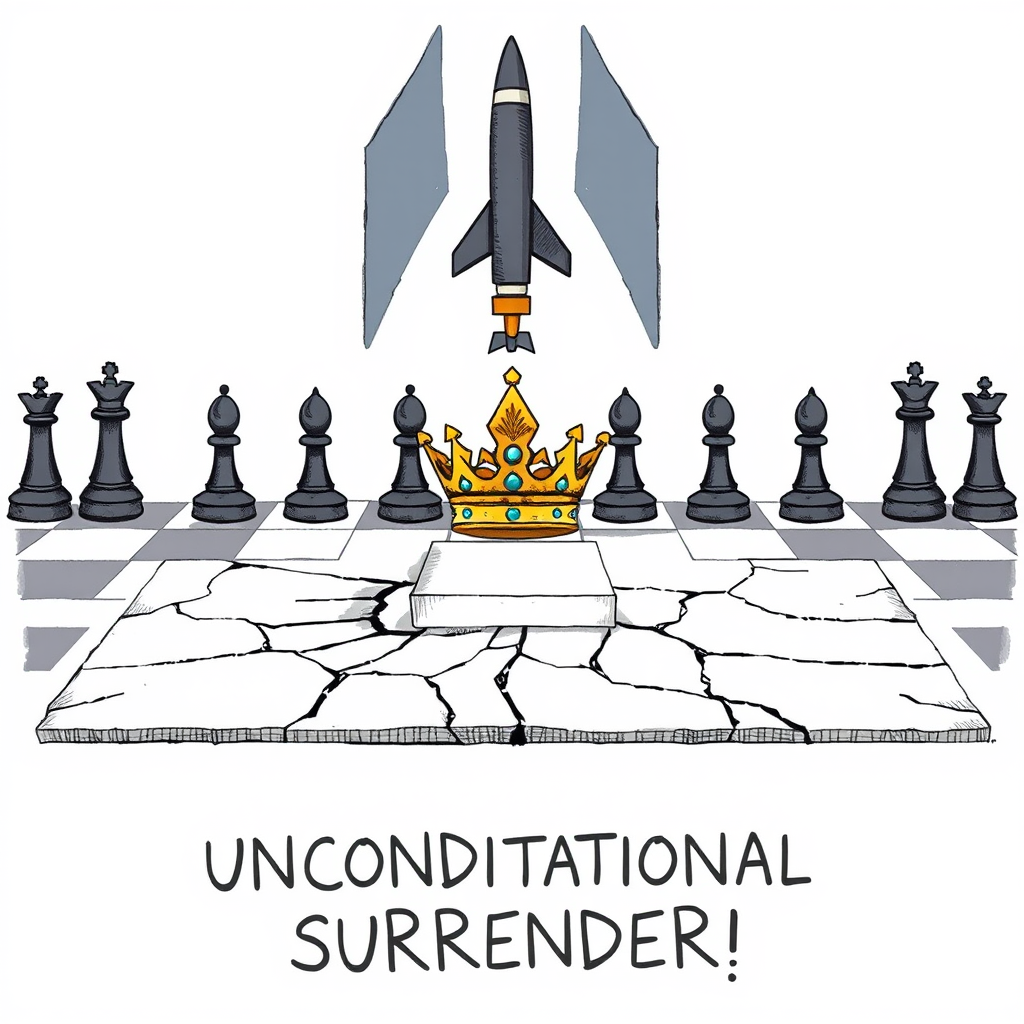Trump Issues Stark Demand After Iran Threat

Former President Donald Trump escalated his rhetoric regarding Iran, stating he would only accept “unconditional surrender” following a post where he threatened potential lethal action against Supreme Leader Ali Khamenei. The comments originated in a Tuesday posting on Truth Social, where Trump claimed knowledge of Khamenei’s location, characterizing him as an “easy target.” While initially suggesting restraint – stating he would not “take him out (kill!), at least not for now” – Trump coupled this with a warning about dwindling patience regarding Iranian actions. He specifically cited concerns about potential missile attacks targeting civilians or American military personnel. The initial post concluded with a demand for attention to the matter. A subsequent post from Trump consisted solely of the phrase “UNCONDITIONAL SURRENDER!”
This escalation of language is deeply concerning. While strong rhetoric is often employed in political discourse, framing the desired outcome as “unconditional surrender” – a term historically associated with total warfare – is inflammatory and risks further destabilizing an already volatile region. The direct threat against a national leader, even qualified with a temporary stay of action, is unprecedented for a former U.S. President and raises serious questions about responsible communication regarding international relations. The demand for surrender is not a realistic or constructive path toward de-escalation and appears to prioritize maximalist positioning over diplomatic solutions. It’s crucial to remember that such statements have real-world consequences and can easily be misinterpreted, potentially leading to unintended escalation.